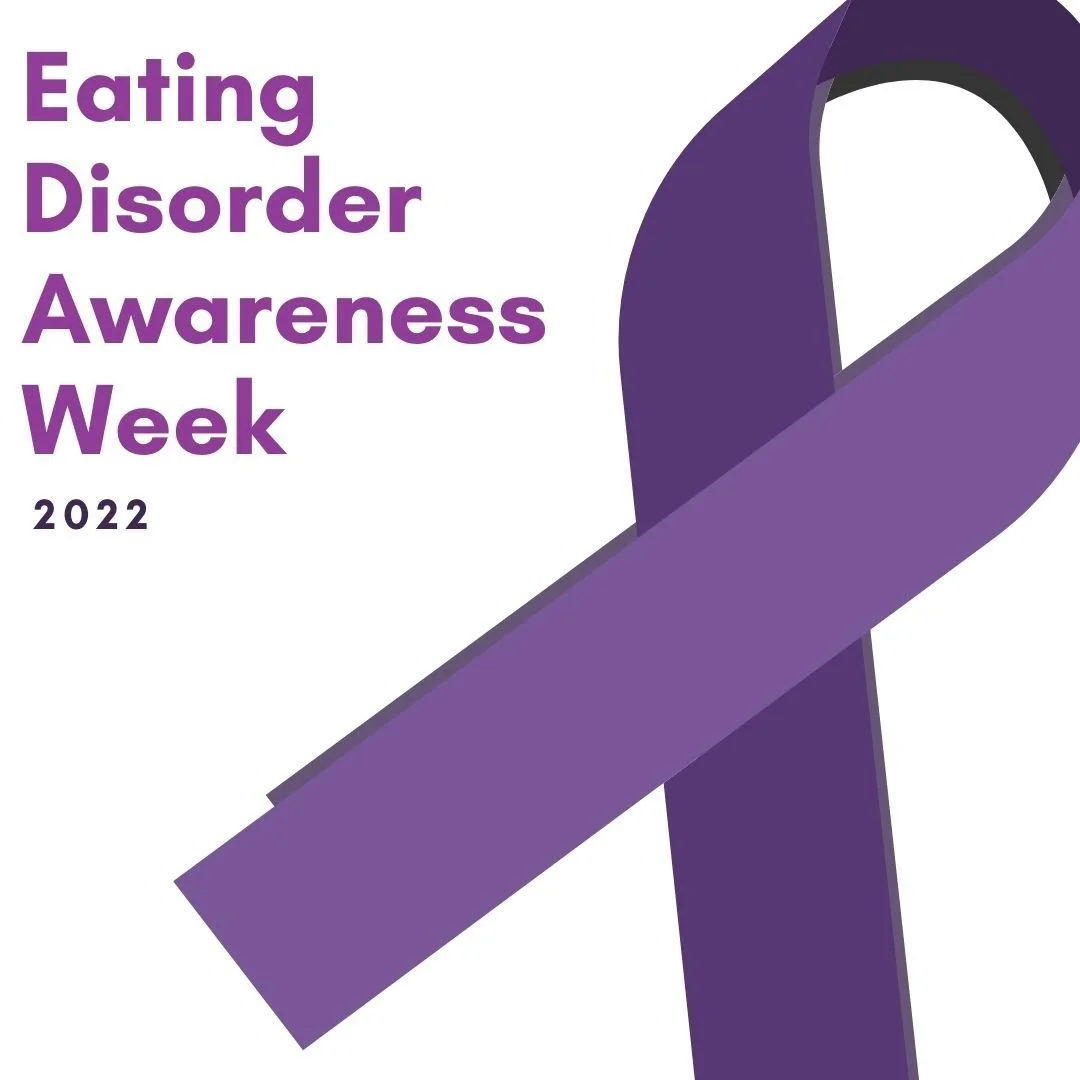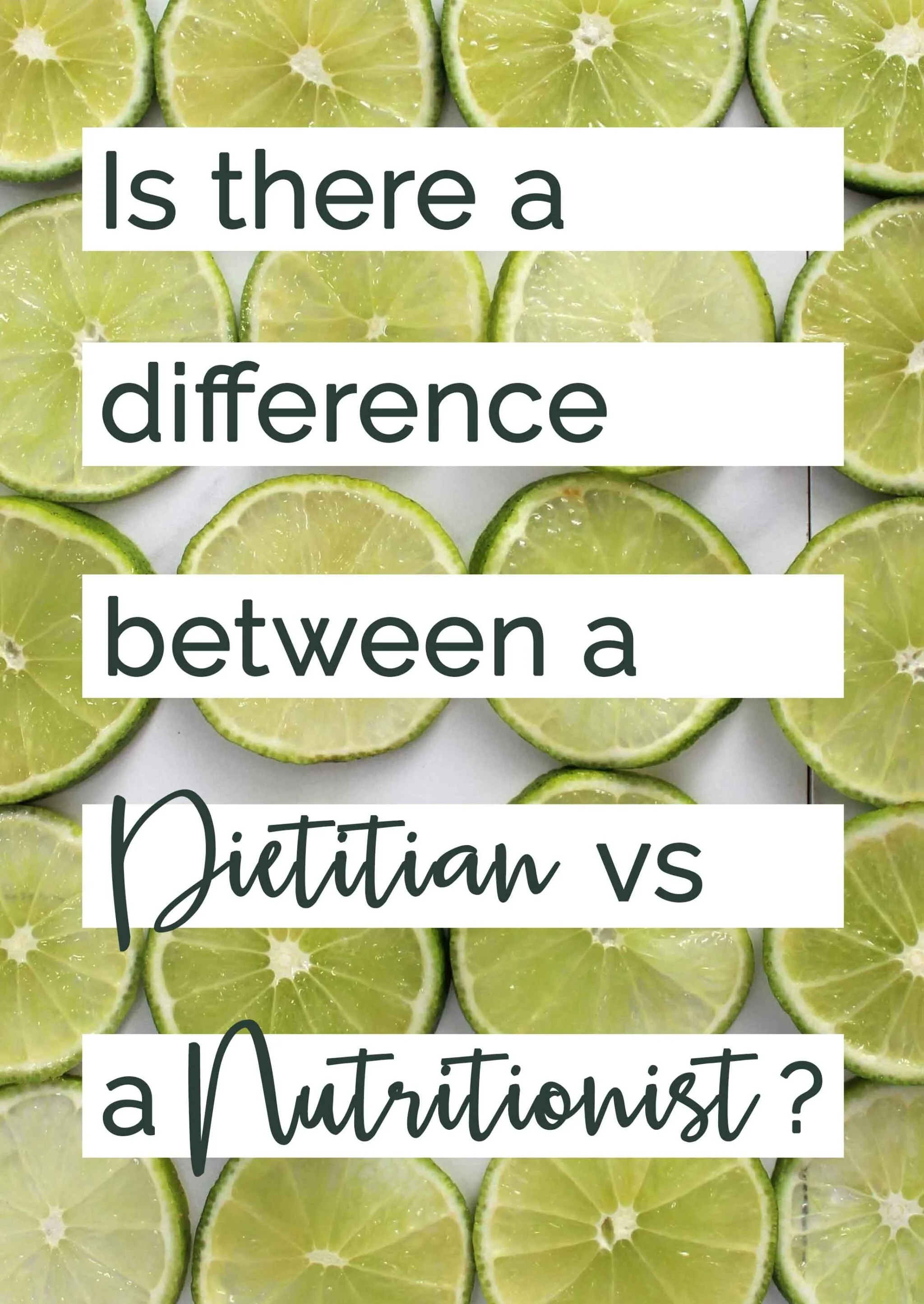This summer we are running a mini series of short blogs to bring you some top tips and tricks on looking after your mental wellbeing during recovery, from our Psychotherapist Lauren Aron. We will be posting a mini-blog each week for the next month so make sure you come back weekly for your next installment!
To kick off, we are looking at body positivity. Here are some helpful strategies to help you focus on your own unique qualities by pushing those negative thoughts aside and reminding yourself to be kind and compassionate to yourself. Remember to talk to yourself as you would talk to a friend, it’s a marathon not a sprint! :)
Read More



















